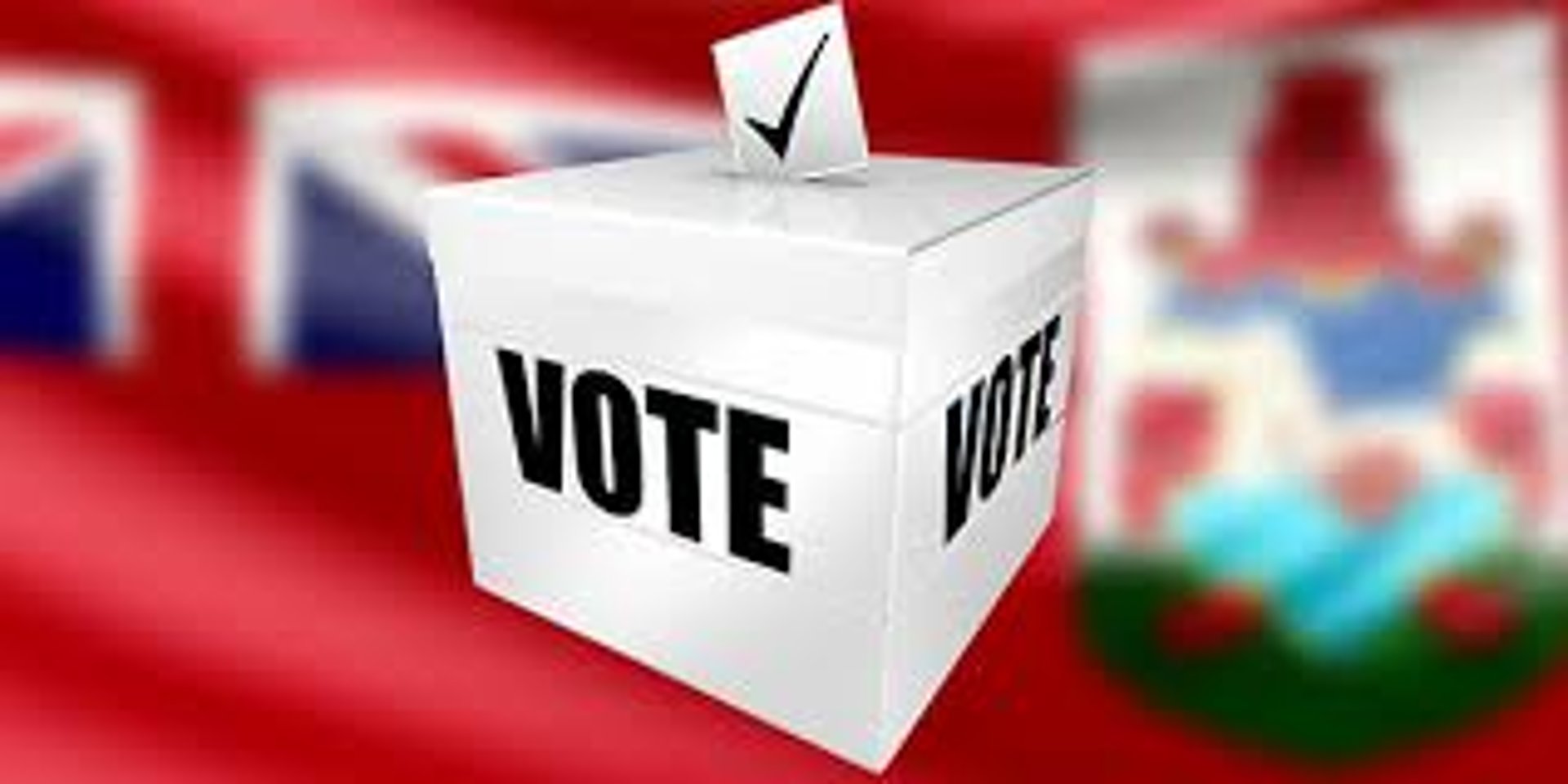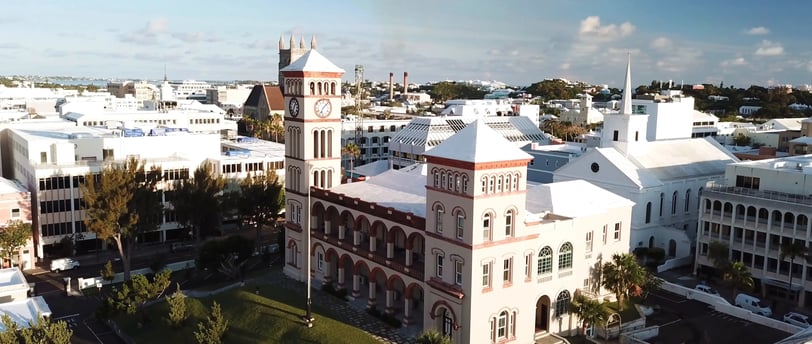
Bermuda Politics and Political Issues
An insight into Bermuda party and independent Politics
POLITICS
Wayne Williams
2/9/20254 min read


Understanding Bermuda's Government Structure
Bermuda's political system operates under the framework of a British overseas territory, reflecting a unique blend of British colonial influence and local governance. The British monarch is the head of state, represented in Bermuda by a Governor. The Governor's primary responsibilities include overseeing external affairs, defense, and ensuring that Bermuda's governance aligns with British interests. However, local autonomy allows Bermuda to manage internal affairs through its parliamentary system.
At the heart of Bermuda's political structure is a bicameral legislature, comprising two chambers: the House of Assembly and the Senate. The House of Assembly, consisting of 36 elected members, is responsible for proposing and voting on legislation. Members are elected by the public during general elections, which typically occur every five years. The Senate, on the other hand, includes 11 appointed members who serve to review and amend legislation passed by the House of Assembly. This structure is designed to ensure a system of checks and balances within the government.
The current governing party, the Progressive Labour Party (PLP), plays a significant role in shaping the political landscape of Bermuda. Since its formation, the PLP has focused on advancing policies that promote social equity, economic growth, and community development. Under their leadership, Bermuda has witnessed various initiatives aimed at addressing issues such as unemployment and healthcare. The party's commitment to its agenda is central to understanding the dynamics of political discourse in Bermuda as of February 18th.
This dual structure of government, combined with the leadership of the PLP, illustrates how Bermuda’s political system operates and adapts to the unique challenges and opportunities presented within the territory. Understanding these elements is crucial for grasping the broader political context in which Bermuda navigates its relationship with the United Kingdom while serving the interests of its citizens.
Political Parties in Bermuda
Bermuda's political landscape is characterized by a multi-party system, with the Progressive Labour Party (PLP) and the One Bermuda Alliance (OBA) dominating the political scene. The PLP, established in 1963, is traditionally associated with progressive labor policies and social equity. The party emphasizes economic development, job creation, and addressing social issues within Bermuda. Its platform often focuses on providing support for lower-income families and promoting a more equitable society through various welfare initiatives.
In contrast, the OBA emerged in 2011 and positions itself as a center-right political party. The party's focus tends to be on fiscal responsibility, promoting business interests, and attracting international investment. The OBA advocates for a free-market economy, lower taxes, and streamlined regulations to encourage economic growth. This ideological divide between the PLP and OBA often reflects broader debates within Bermudian society about the best path forward for economic and social progress.
While the PLP and OBA are the principal political factions, Bermuda also hosts other political groups such as the Free Democratic Movement (FDM). The FDM is known for its centrist perspective and aims to represent a middle ground between the two predominant parties. Furthermore, the presence of independent candidates contributes to the diverse political discourse within Bermuda. These independent candidates often prioritize local issues and demonstrate a grassroots approach to governance.
Understanding the ideologies and platforms of these political parties is essential for comprehending Bermuda's political dynamics. Each party plays a significant role in shaping not only legislative agendas but also public opinion and discourse on vital issues affecting the island. As Bermuda navigates its future, the debates and policies put forth by these parties will undoubtedly influence the direction of its socio-economic landscape.
Independent Platforms and Key Political Concerns
Bermuda's political landscape is characterized by a growing focus on independent platforms, reflecting a desire among certain segments of the electorate for alternatives to the traditional bipartisan system. Independent candidates often bring to the forefront key political concerns that resonate with the public, particularly those prevalent in a small island nation facing unique challenges. Among these issues, the impact of natural disasters is especially significant, given Bermuda's geographical vulnerabilities.
Natural disasters, such as hurricanes and flooding, pose substantial risks to the island’s infrastructure, economy, and overall safety of its residents. Independent candidates frequently advocate for a comprehensive disaster management strategy that prioritizes preparedness, response, and recovery efforts. Such a proactive approach not only aims to mitigate the impact of these calamities but also seeks to foster resilience within the community. By emphasizing this issue, independent platforms highlight an urgent need for governmental accountability and effective planning.
Moreover, the broader political environment in Bermuda can be assessed through the lens of independent candidates’ concerns, which often encompass issues like environmental sustainability, social equity, and economic diversification. The desire for a platform that thoroughly addresses these pressing matters becomes crucial as voters seek representatives who are attuned to the specific needs of their constituents. Independent candidates, by virtue of their status, may sometimes be perceived as more accountable or in touch with grassroots sentiments than those belonging to established political parties.
As voters prepare for elections, understanding these independent platforms and their key political concerns is essential. Issues such as disaster management strategies not only reflect immediate needs but also shape the long-term vision for Bermuda's future, making it imperative for the electorate to consider these factors when casting their votes.
Engaging with Political Issues in Bermuda
Active engagement with political issues in Bermuda is crucial for fostering a vibrant democracy and ensuring that the concerns of citizens are adequately addressed. In Bermuda, there are several avenues through which individuals can participate in the political process, promoting not only personal agency but also communal solidarity. One of the most fundamental ways to engage in politics is through voting, which empowers citizens to influence decision-making at local and national levels. Each election presents an opportunity for voters to have their voices heard, making it imperative for residents to stay informed about candidates and their policies.
Beyond voting, joining political parties offers another way for citizens to engage with political issues in Bermuda. Political parties often encourage members to participate in discussions, contribute to policy formation, and collaborate on community outreach initiatives. This not only facilitates a deeper understanding of political processes but also allows individuals to advocate for policy changes that reflect their values and interests. Aside from formal political structures, citizens should also consider involvement in community initiatives focused on addressing local political concerns. Grassroots movements and community organizations often drive significant changes by raising awareness about issues such as social justice, environmental sustainability, and economic development.
To effectively engage with political issues, it is essential for citizens to continuously educate themselves about the political landscape. Various resources, including workshops, seminars, and online platforms, provide valuable information about the political process in Bermuda. These resources can assist individuals in gaining insights into the mechanisms of government, understanding legislative changes, and identifying ways in which they can contribute positively to their society. Through active engagement, informed citizens can not only enhance their own understanding of political issues but also transform their communities for the better.
Connect
Stay updated with our campaign and events.
Engage
Support
wayne2519@gmail.com
1-441-705-2519
© 2024. All rights reserved.
